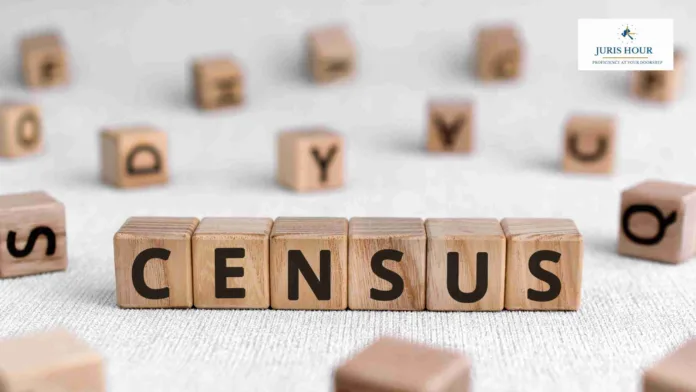In a politically charged and socially significant move, the Indian government has announced its intention to include caste-based data in the upcoming national population census. If implemented, this would mark the first caste enumeration since 1931—excluding the limited data on Scheduled Castes (SCs) and Scheduled Tribes (STs) collected in post-independence censuses.
This decision has re-ignited debates around social justice, political motives, and data privacy, with parties and experts divided on its necessity and impact.
What is the Caste Census and Why is It Controversial?
A caste census refers to the official collection of demographic data based on caste. While India collects extensive data on SCs and STs, Other Backward Classes (OBCs) and other caste categories have been left out of formal census exercises since 1931.
Supporters argue that a caste census can:
- Help in equitable policy planning
- Identify underrepresented communities
- Enable data-driven decisions on reservations and welfare schemes
Critics, however, worry that such enumeration may:
- Deepen caste-based divisions
- Be used for vote-bank politics
- Lead to social unrest if not handled sensitively
What Triggered the Recent Decision?
States like Bihar and Karnataka have already conducted their own caste-based surveys. Bihar’s survey revealed that OBCs and Extremely Backward Classes (EBCs) make up over 63% of the state population, far more than earlier assumed.
These revelations have intensified demands for increasing OBC quotas in education, government jobs, and welfare schemes, challenging the current 50% reservation cap laid down in the Indra Sawhney judgment (1992).
With upcoming state and general elections, the central government’s announcement comes amid growing pressure from regional parties and social justice movements.
Political Reactions: A Divisive Landscape
Congress and Opposition Parties
The Congress party welcomed the move but criticized the timing and lack of clarity. Senior leaders called it a “headline without a deadline,” accusing the government of delaying real implementation and using the announcement to distract from unemployment and inflation.
BJP’s Position
The ruling BJP, which had earlier opposed a national caste census citing administrative difficulties, now appears to be pivoting to embrace the idea—especially to secure its OBC voter base in politically crucial states like Uttar Pradesh and Bihar.
Public and Expert Opinions
Social justice advocates, including groups like the Mandal Morcha and student unions, have supported the census, emphasizing that without data, equality policies remain speculative.
However, constitutional scholars and policy analysts caution against the potential misuse of caste data. Without strong privacy safeguards and transparent methodology, they argue, the census could create more problems than it solves.
Legal and Constitutional Implications
- Article 15(4) and Article 16(4) of the Constitution allow for special provisions for socially and educationally backward classes.
- A caste census could provide the evidence base needed to redesign or expand reservation policies in compliance with constitutional principles.
- However, the move could also face legal challenges under data protection and privacy frameworks, especially with the Digital Personal Data Protection Act, 2023 coming into force.
Will It Reshape India’s Reservation Policy?
The caste census could upend the existing structure of affirmative action. If the new data reveals higher OBC or minority caste populations, it may fuel demands for:
- Revised reservation quotas
- Greater budget allocation for backward-class welfare
- New inclusion criteria under the EWS (Economically Weaker Section) category
However, the 50% ceiling set by the Supreme Court remains a legal hurdle, unless a constitutional amendment allows for its revision.
Challenges Ahead
- Data Sensitivity: Caste remains a volatile social identifier in India, and its politicization can lead to unrest.
- Administrative Complexity: Collecting accurate caste data from over 1.4 billion people is logistically and politically daunting.
- Privacy Risks: With digital data collection and central databases, concerns around voter profiling and surveillance have been raised by civil society.
Conclusion: Counting Castes, Redefining Power
India’s decision to undertake a caste-based census is a turning point in its socio-political journey. While it promises a more inclusive governance model based on real data, it also demands robust safeguards, transparent methodology, and political will to ensure it is not reduced to a tool for electoral gain.
As the process unfolds, India stands at a crossroads—will it use the caste census to promote equity and justice, or will it deepen existing divides?

